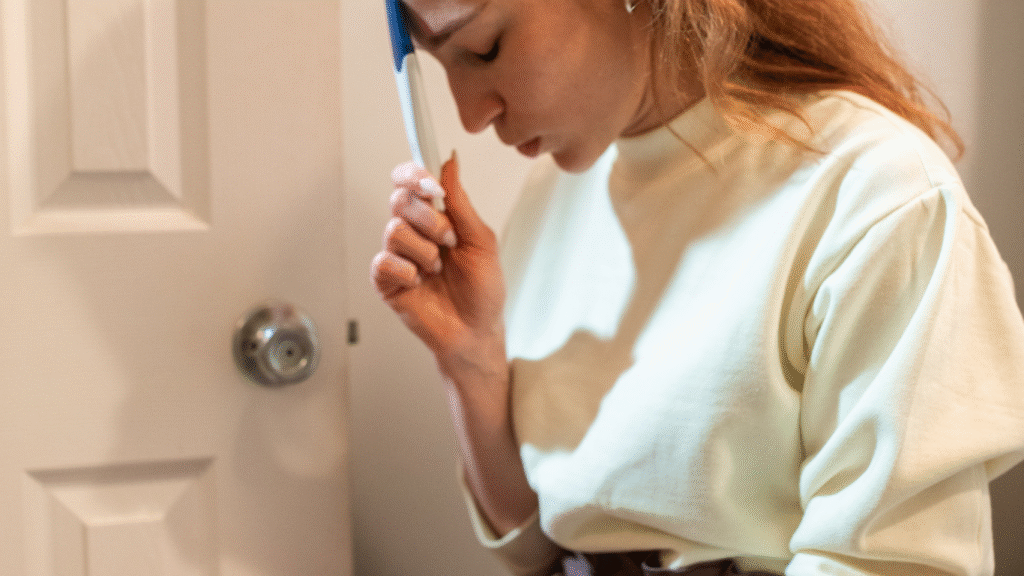
Unwanted 72 is a popular emergency contraceptive pill used by women in India and beyond to prevent unplanned pregnancies. It’s a single-dose tablet that can be taken after unprotected sex or contraceptive failure, like a broken condom. While it’s widely available over the counter, understanding how it works, when to use it, and its effects is important to make informed choices. This guide will walk you through the key details about Unwanted 72, including how it works, how to use it properly, its side effects, and important precautions to keep in mind. Always consult a doctor for personalized advice, but this article will give you a clear starting point.
What is Unwanted 72 and How Does It Work?
Unwanted 72 is an emergency contraceptive pill that contains levonorgestrel, a hormone that helps prevent pregnancy. It’s designed for use after unprotected sex or when regular contraception fails. The tablet works in a few ways: it can delay or stop ovulation (the release of an egg), prevent fertilization, or make it harder for a fertilized egg to implant in the uterus. It’s most effective when taken within 72 hours (three days) of unprotected sex, with the best results within the first 24 hours. The sooner you take it, the better it works—studies suggest it’s up to 95% effective if taken within 24 hours. Unwanted 72 is not an abortion pill; it won’t work if you’re already pregnant. It’s also not meant for regular use, as it’s less effective than daily birth control methods like pills or IUDs. Always read the packaging instructions and talk to a healthcare provider to understand if it’s right for you.
How to Use Unwanted 72 Correctly
Using Unwanted 72 is straightforward but requires careful timing. Take one tablet as soon as possible after unprotected sex, ideally within 12-24 hours, but no later than 72 hours. Swallow it with water, with or without food. You don’t need a prescription, as it’s available at most pharmacies in India. If you vomit within two hours of taking it, you may need another dose—check with a doctor. It’s meant for occasional use, like after a condom breaks or if you miss a regular birth control pill. Don’t rely on it as your main contraceptive, as it’s not designed for frequent use and can disrupt your menstrual cycle. If you have unprotected sex again after taking the pill, it won’t protect you from that instance, so use condoms or other methods. Keep track of your period after taking it, as it may come earlier or later than usual. If your period is delayed by more than a week, take a pregnancy test and see a doctor. Always follow the instructions on the pack and consult a healthcare professional if you’re unsure.
Possible Side Effects of Unwanted 72
Like any medication, Unwanted 72 can cause side effects, though not everyone experiences them. Common ones include nausea, tiredness, headache, stomach pain, or dizziness. Some women notice changes in their menstrual cycle, like heavier or lighter bleeding, or a period that arrives early or late. These effects usually go away within a few days. Less common side effects might include breast tenderness or mood changes. If you experience severe pain, vomiting, or signs of an allergic reaction (like rash or swelling), seek medical help immediately. The pill can also affect your cycle for a month or two, so don’t panic if things feel off—track your symptoms and check with a doctor if you’re worried. Unwanted 72 is generally safe for most women, but it may not be suitable if you have certain health conditions, like liver issues or a history of blood clots. Avoid taking it if you suspect you’re already pregnant, as it won’t be effective. Always talk to a doctor if you have health concerns or if side effects persist.
Precautions and Things to Know
Before taking Unwanted 72, there are a few things to keep in mind. It’s not 100% effective, so it’s not a guarantee against pregnancy—consider it a backup, not a primary method. It doesn’t protect against sexually transmitted infections (STIs), so use condoms if you’re at risk. Don’t use Unwanted 72 repeatedly in the same menstrual cycle, as it can mess with your hormones and make side effects worse. If you’re on other medications, like those for epilepsy or HIV, the pill might be less effective—check with a doctor. Women who are breastfeeding should also consult a healthcare provider, as the hormone can pass into breast milk. Lifestyle factors, like smoking or being overweight, might reduce its effectiveness, so discuss these with a professional. After taking it, monitor your health and take a pregnancy test if your period is late. For long-term contraception, explore options like daily pills, IUDs, or implants with a doctor. Unwanted 72 is a helpful tool in emergencies, but planning ahead with regular contraception is the best way to stay in control of your reproductive health.



